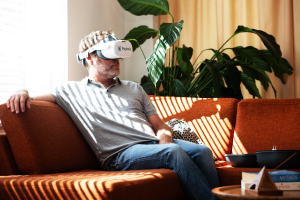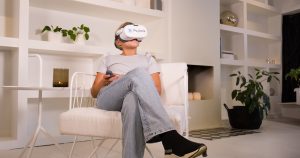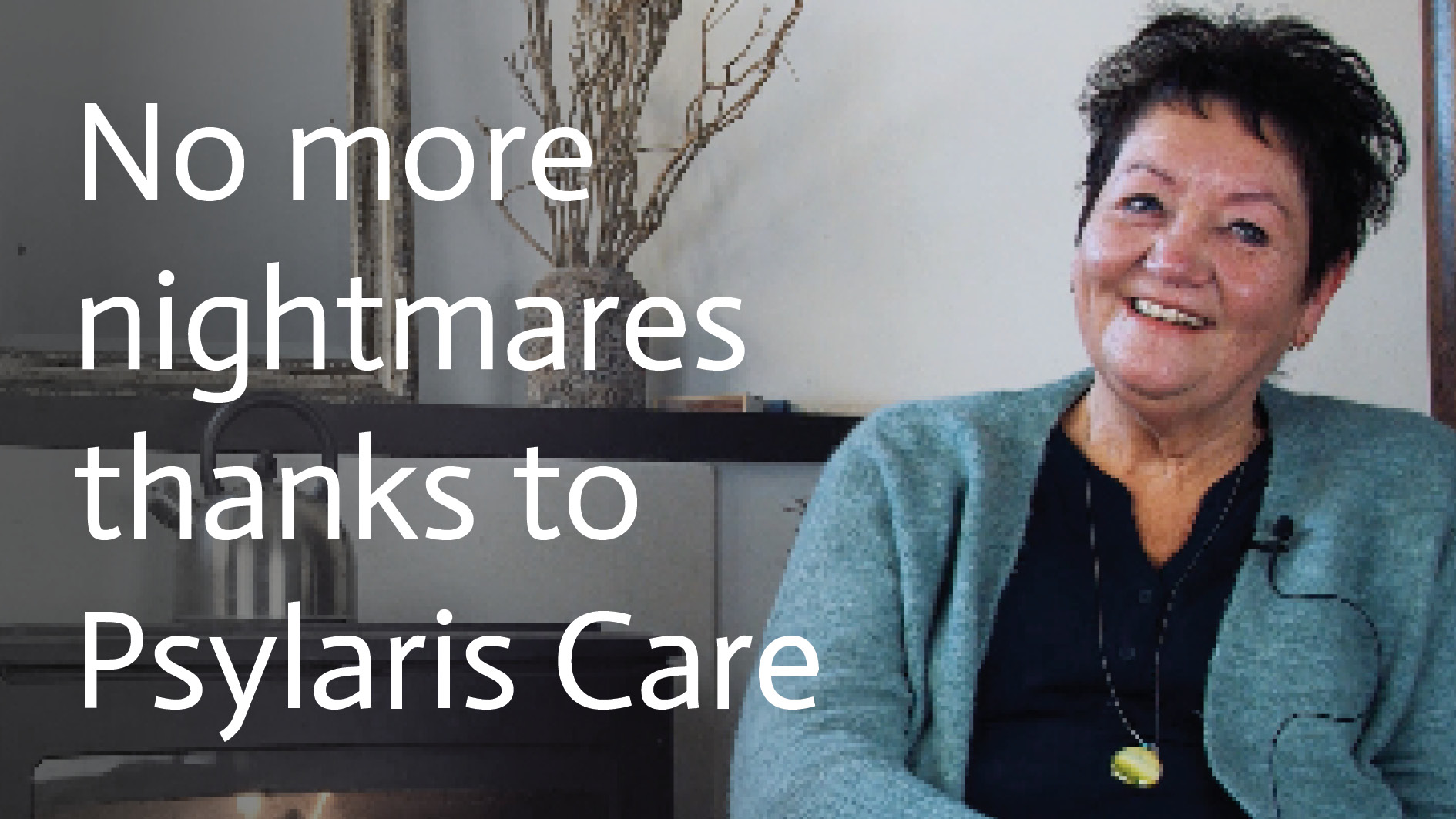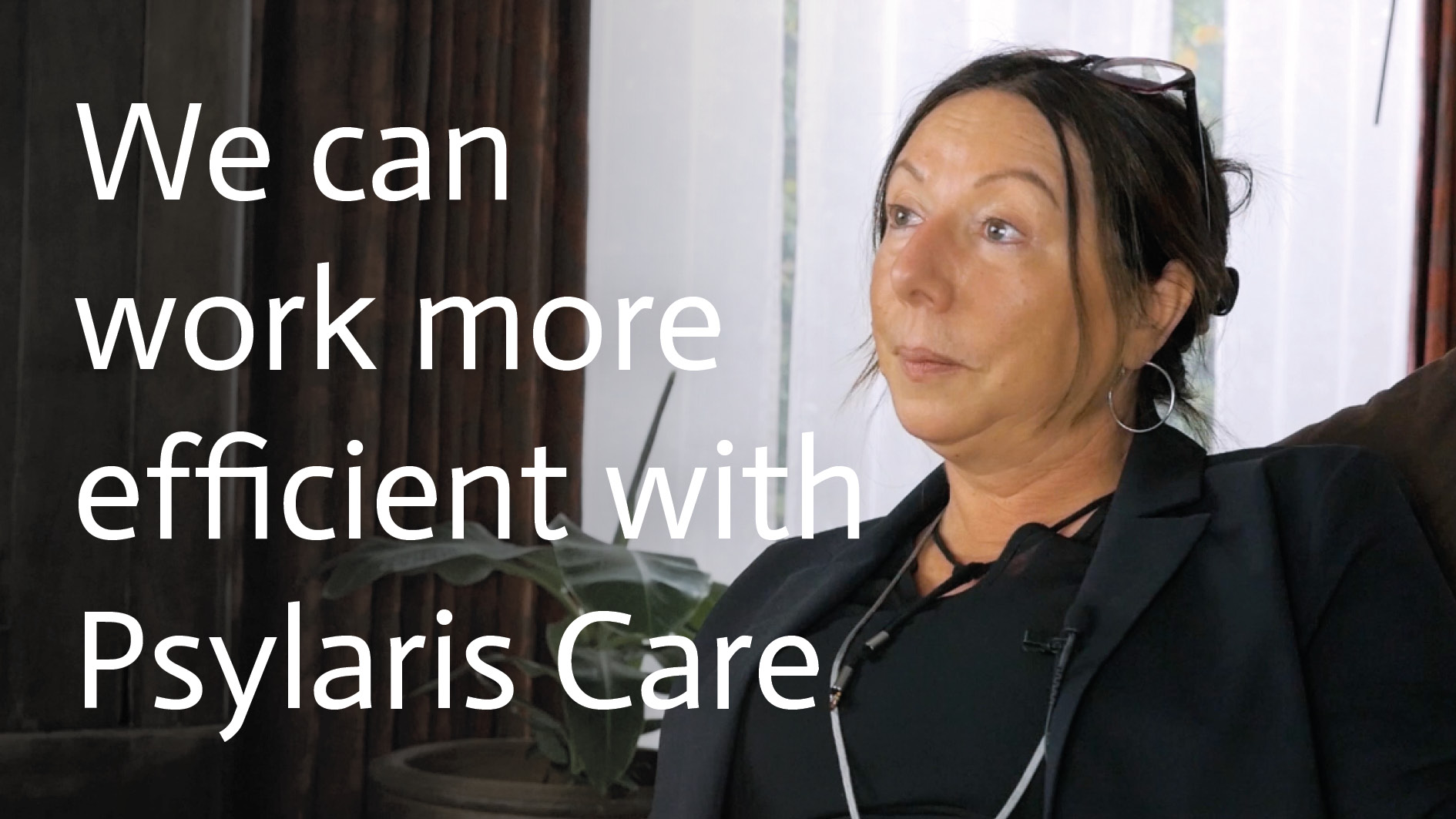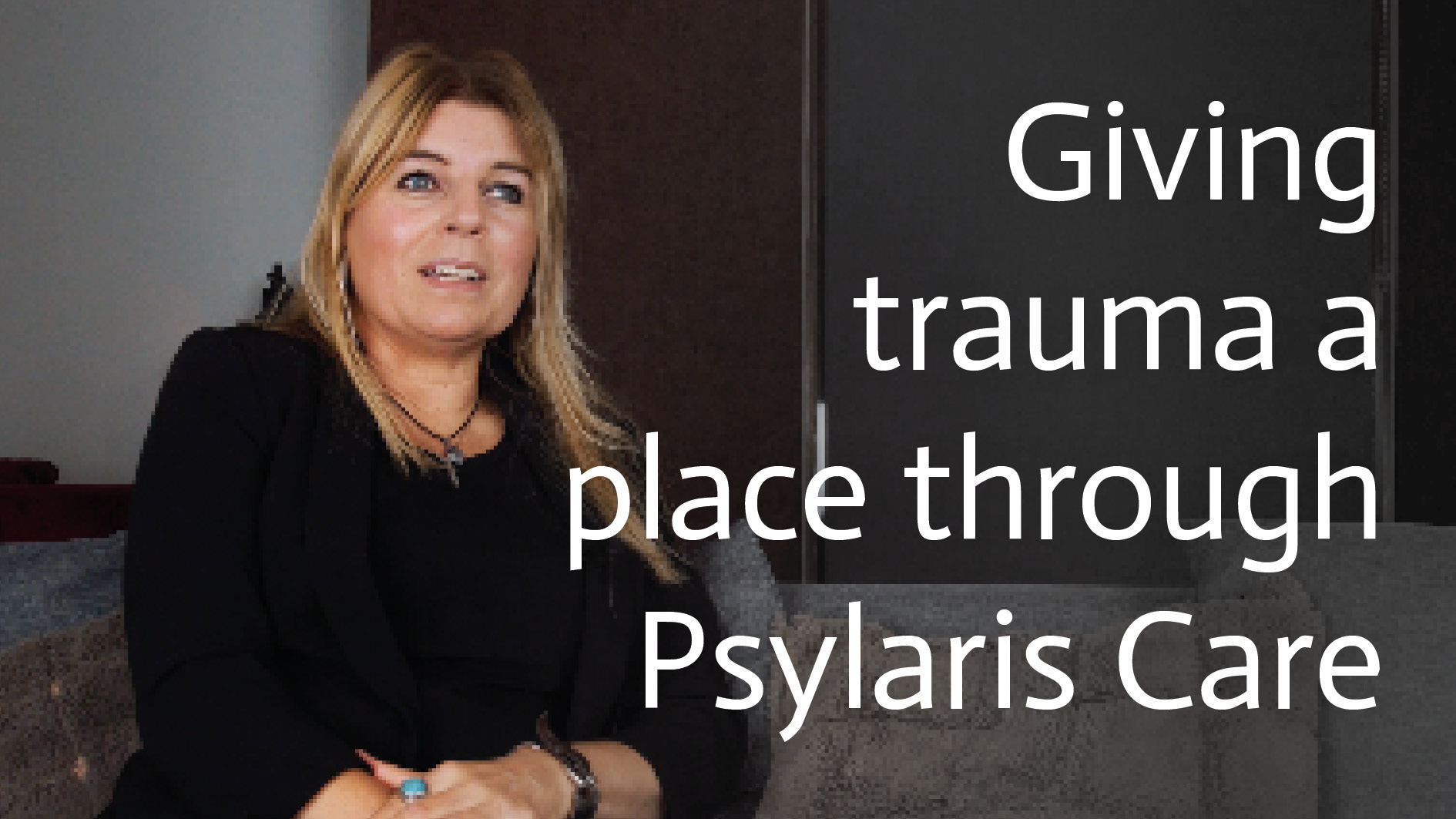Better thanks to glasses.
Virtual reality (VR) imitates artificial sensory experiences and has innumerable applications in healthcare and beyond. You can walk through your new home before the developer has laid a stone in front of it. Or you can look down from a skyscraper to get over your fear of heights.
More than innovation
The technology is still relatively new, but in fact it has become indispensable. Yet there is still some uncertainty about its usefulness and necessity. Especially when it comes to healthcare and mental health. Isn't it just a commercial gimmick? And wouldn't it be better to focus on what our profession is all about: people?
This lack of clarity is completely understandable. The technology is here to stay, but at the same time it is in its infancy. One thing, however, is certain: the VR train is roaring ahead and is increasingly moving away from gimmick status towards mainstream technology, as the example of the new building described above shows. It is no longer just the big boys who can afford the innovation. Moreover, it is more than just innovation. The use of VR has a number of important advantages, especially within mental health care.
Everyone wins
The successful examples of the use of VR in therapy have something in common. Not only is the investment ultimately smaller financially, but there is also a big gain in time and effort; both for the therapist and the client. To take our virtual EMDR therapy using VR glasses as an example: the therapist is only present during part of the sessions. As a result, he or she is increasingly free to treat other, more serious cases.
In addition, the time per session goes down from one hour to about 30 minutes. And most of this can be done at home, so there is significantly less travel time for the client. Apart from our application, imagine the treatment of fear of flying, or fear of heights from the introduction. You no longer have to go to a certain location for the exposure. You can do it in your own practice or in some cases even at home.
Focus, direction and fun
In addition, VR therapy is more intensive and focused due to the lack of distraction. The moment you put on the VR glasses, you literally find yourself in another world. Your senses are fully present in the virtual environment, where everything revolves around the treatment. In short, you are completely on your own in a safe, specially developed environment. This means an exceptionally intensive course.
Despite this intensity and direct confrontation with yourself and your memories or fears, this therapy is experienced as very pleasant by clients. One of the reasons for this is the sense of personal control. During a session, you have little or no contact with your therapist. Everything that happens takes place in the world of the glasses. All the progress that is made feels much more like your own success. This promotes self-confidence.
In addition, the use of a VR has a game effect, sometimes quite literally. There are burn-out treatments in which, while playing a game in a virtual world, you learn to think more positively about stress and thus to act differently. In short, VR is often seen as more accessible and fun. This is highly motivating and improves the client's confidence in the effectiveness of the treatment.
Therapy for all - always
We mentioned earlier the shorter duration of sessions and the different, rather minimal, involvement of the therapist. Just imagine what this could mean for the reduction of waiting times in the mental health sector. Imagine being able to treat many more clients; not having to disappoint people. This is obviously good news for your practice or organisation, but even better news for your clients. Not only can you treat more people, but chances are you can get started earlier in the process. You can treat fears, traumas or burn-out before the problems escalate. The social effect of this can only be extremely positive.
Are you excited and do you want to know more? Then contact us via info@psylaris.com.


